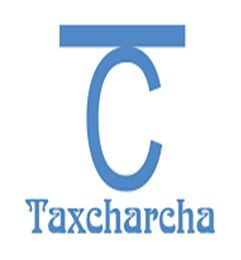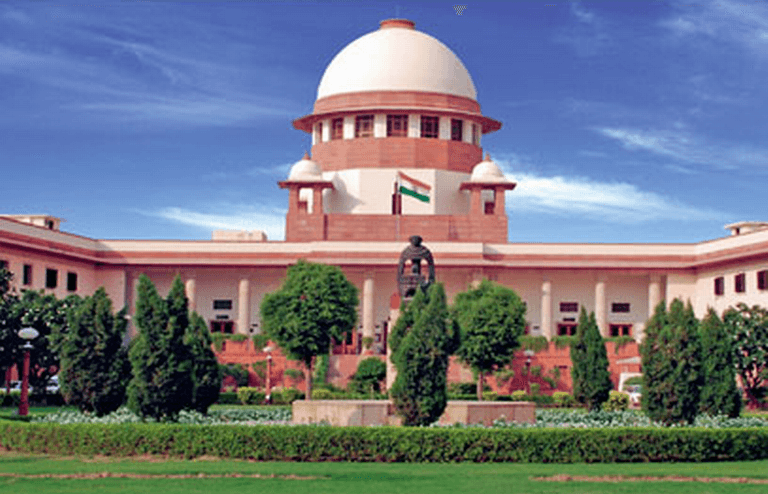“Basic Wage, would not ispo facto take within its ambit the salary breakup structure to hold it liable for provident fund deductions when it was paid as special incentive or production bonus given to more meritorious workmen who put in extra output which has direct nexus and linkage with the output by the eligible workmen. When a worker produces beyond the base or standard, what he earns was not basic wage. This incentive wage will fall outside the purview of the basic wage.” …..
In order that the amount goes beyond the basic wages, it has to be shown that the workman concerned had become eligible to get this extra amount beyond the normal work which he was otherwise required to put in. The wage structure and the components of salary have been examined on facts, both by the authority and the appellate authority under the Act, who have arrived at a factual conclusion that the allowances in question
were essentially a part of the basic wage camouflaged as part of an allowance so as to avoid deduction and contribution accordingly to the provident fund account of the employees.
Facts of the Case:
- The respondent is an unaided school giving special allowance by way of incentive to teaching and non teaching staff pursuant to an agreement between the staff and the management.
- The incentive was reviewed from time to time upon enhancement of the tuition fees of the students.
- The authority under the Act held that the special allowance was to be included in basic wage for deduction
of provident fund.
Question of Discussion:
“Whether the special allowance was to be included in the basic wage for deduction of provident fund or not?
Discussion:
- Under Section 6 of the Act, the appellant was liable to pay contribution to the provident fund on basic wages,
dearness allowance, and retaining allowance (if any). - Section 2(b)(ii) defined dearness allowance as all cash payment by whatever name called paid to an employee on account of a rise in the cost of living.
- To exclude any incentive wage from basic wage, it should have a direct nexus and linkage with the amount of extra output.
- Relying on Bridge and Roof Co. (India) Ltd. vs. Union of India, (1963) 3 SCR 978, it was submitted that whatever is payable by all concerns or earned by all permanent employees had to be included in basic wage for the purpose of deduction under Section 6 of the Act. It is only such allowances not payable by all concerns or may not be earned by all employees of the concern, that would stand excluded from deduction.
- Even with regard to the payments earned by an employee in accordance with the terms of contract
of employment, the basis of inclusion in Section 6 and exclusion in Section 2(b)(ii) is that whatever is payable in all concerns and is earned by all permanent employees is included for the purpose of contribution under Section 6. - But whatever is not payable by all concerns or may not be earned by all employees of a concern are excluded for the purposes of contribution.
Inclusions and Exclusions:
- Retaining allowance was payable to all permanent employees in seasonal factories and was therefore included in Section 6.
- House rent allowance is not paid in many concerns and sometimes in the same concern, it is paid to some employees but not to others, and would therefore stand excluded from basic wage.
- Overtime Allowance though in force in all concerns, is not earned by all employees and would again stand
excluded from basic wage. - Attendance incentive was not paid in terms of the contract of employment, It would therefore not fall within basic wage.
- Transport/conveyance allowance was similar to house rent allowance, as it was reimbursement to an employee, hence not included in Section 6.
- Canteen allowance was paid only to some employees, being optional was not to be included in basic wage.
- Conveyance allowance was paid to all employees without any proof in respect thereof was unsustainable and hence included in the definition of the Basic Wage.
Conclusion:
Hence from the above detailed analysis by the Supreme Court of India, it can be said that whatever is the nomenclature of the allowance, the same will be included in the definition of the Basic wage for the purpose of deductions for Provident Fund if the same is payable to all the employees and is not related to the ratio of extra output and the employee had earned beyond the base or standard and is different for different employees then the same will be excluded from the definition of Basic wage for the purpose of Section 6.

